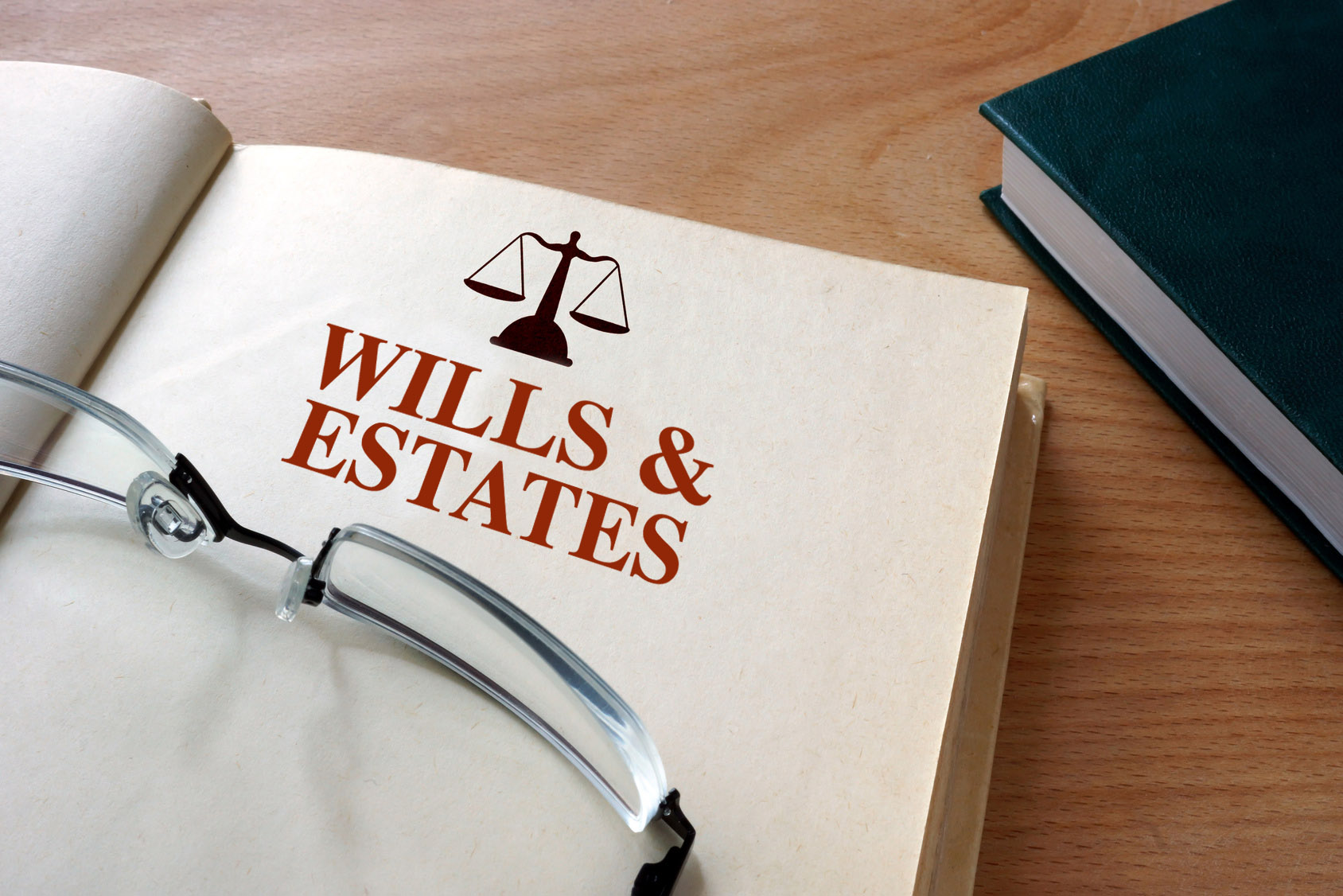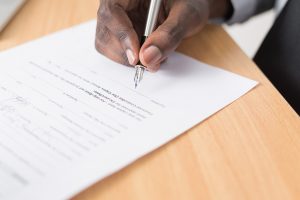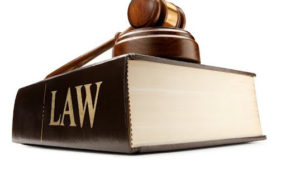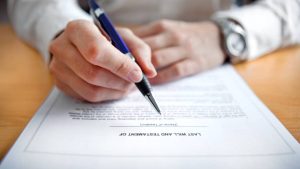When someone passes away with a Will, the person or persons appointed as their executor/s become responsible for the administration of their estate. An executor plays a crucial role in ensuring that the deceased’s wishes are carried out on their death.
Who should I appoint to be the executor of my will?
It is typical for people to appoint a family member or close friend to act as the executor of their estate. As the person you appoint as your executor will be responsible for carrying out the administration of your estate on your death, it is a good idea to appoint someone who is switched on and financially savvy. The person you appoint as your executor should also be able to understand their duties as an executor and maintain their independence if a dispute arises when dealing with your estate.
Sometimes, people elect to appoint a professional or organisation as the executor of their estate. Doing so can mean that your family or friends do not have to deal with finalising your affairs while they are grieving. However, it is important to note that if you appoint a professional or organisation as the executor of your estate, there may be fees charged by the professional or organisation for carrying out the role of executor.
What are the responsibilities of an executor?
The responsibilities and duties of executors include tasks such as identifying the deceased’s assets and applying for a grant of probate, as outlined below.
On Death
Initially, an executor will need to locate the Will of the deceased and may need to organise funeral arrangements for the deceased.
Paying Debts and Expenses
Executors are responsible for settling the deceased’s debts and expenses. This includes funeral costs, outstanding bills, and any other liabilities. Executors must manage the estate’s finances carefully, ensuring that debts are paid in the correct order of priority.
Locating and Securing Assets
An executor will need to identify, locate, and secure the assets of the deceased. This may include real estate, bank accounts, investments, personal belongings, and other valuables. It is important that the executor takes steps to safeguard these assets to prevent any loss or damage to them prior to the distribution of the estate.
Estate Valuation and Asset Assessment
Executors will need to assess the value of the deceased’s estate. This usually involves obtaining valuations for assets such as property, investments, and personal items. An accurate valuation is crucial for determining the overall worth of the estate and subsequently calculating any applicable tax and fees associated with applying for a grant of probate.
Preparing and Lodging Tax Returns
An executor will need to handle the deceased’s tax affairs, which can include filing final tax returns up until the date of death. Additionally, the estate may be liable for any capital gains tax (CGT) arising from the sale of assets. Executors may choose to engage financial professionals to navigate the complex tax regulations to fulfil these obligations.
Probate Application
One of the main duties of an executor is to apply for a Grant of Probate from the Supreme Court of NSW. This will be necessary where an estate is of a certain value. Probate is a legal process that confirms the validity of the deceased’s Will and provides the executor with the authority to manage and distribute the estate. They must gather all relevant documents, including the original Will, and submit the necessary application to the Court. Although an executor can apply for probate on their own, it is common for them to employ legal practitioners to assist with preparing the necessary documentation to file the probate application with the Court.
Distribution of Assets to Beneficiaries
Once an executor receives a Grant of Probate and settles all of the debts, taxes, and expenses of the deceased, they can proceed with the distribution of the remaining assets to the beneficiaries according to the terms outlined in the Will. This involves ensuring a fair and equitable distribution among the beneficiaries.
Keeping Accurate Records
Executors are required to maintain comprehensive and accurate records of all transactions related to the estate. This includes receipts, financial statements, correspondence, and other relevant documentation. These records may be requested by beneficiaries, creditors, or the Court during the probate process.
Legal Compliance
Executors of a will must comply with all relevant laws and regulations governing the administration of estates in NSW. This includes fulfilling their fiduciary duties, acting in the best interests of the estate, and adhering to the provisions of the deceased’s Will.
Whoever you appoint as the executor of your estate will have a great deal of responsibility. They play a pivotal role in overseeing the orderly distribution of a deceased person’s estate. It is crucial for individuals who are appointed in the role of executor to have a clear understanding of their duties and to seek professional advice when navigating the complexities of probate and estate administration. If you have been appointed as an executor of an estate and need help understanding your duties and responsibilities, or you need assistance with applying for a Grant of Probate, the team at Eleven Legal can help; contact us today!









